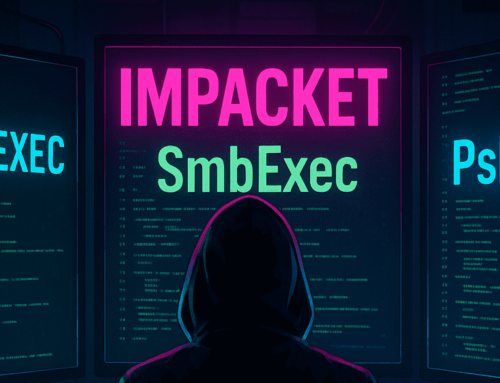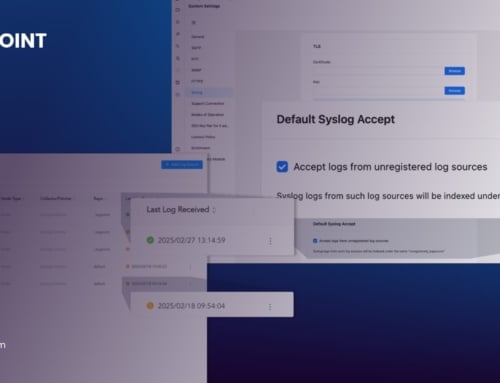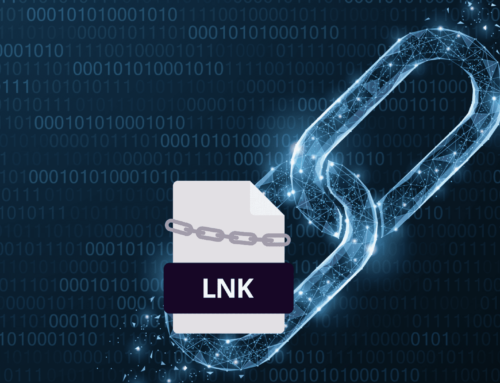As cybersecurity becomes increasingly vital to the way we manage our computer systems, it’s important to look across our social systems and make sure that every facet is secured.
Police forces are one such social system, containing a particularly large amount of sensitive data and assets. It is crucial to understand not only why the police can be a target for cybersecurity threats but what they can do to mitigate those threats.
Why police forces are a target for cybersecurity breaches
First, let’s look at why cybercriminals might want to target police forces. Because, as unfortunate as it is, these groups can be a surprisingly common target on the lists of attackers. In fact, in 2021 alone, 26 US Government agencies were targeted by ransomware attacks.
Abundant data to be stolen or compromised
One of the main reasons that the police are a target for cybersecurity threats is that they store and accrue a huge amount of data. That data is crucial to the operations of the justice system, keeping track of evidence, criminal databases, reports, and much more.
This means that a successful attack can lead to this data being stolen or compromised. From there, it can be used in leaks, held for ransom, sold to the highest bidder, or worse. Leaked data can have implications for criminal justice proceedings, interfering with trials, subpoenas, and indictments, directly impacting the lives of real people.
Additionally, a significant portion of the cyberattacks levied against police systems are carried out for cyberespionage purposes. If this data reaches the wrong hands it can pose a national security risk.
Sensitive data is at the core of why police forces need to invest in cybersecurity, though it’s far from the only threat facing the police.
Many departments are using outdated technology
Another major concern that makes the police a target for cybercrime activity is that many departments are using outdated technology. A survey of police officers in the UK revealed that only half of officers felt they could trust the data on their systems and 35% did not have access to a computer at work.
This can be the result of limited budgets and/or resources being spent in other areas.
However it happens, many police forces are using old software and hardware that is more vulnerable to a cyberattack. And for many, updating isn’t always an option that can be taken right away.
As such, investing in cybersecurity is key. Cybersecurity systems can help take the place of upgrading old technology, providing security even while the tech itself might be less than secure.
Cloud-based solutions, such as Logpoint’s SIEM integrations, could be a good route to explore for police forces. The ease of deployment, maintenance, and update support allows for a quick, cost-effective cybersecurity system to be implemented where it is needed most.
However, there is always a risk when highly sensitive data is stored in the cloud that it might be vulnerable to attack. It may be more prudent for police forces to keep such data on-premises to ensure it can be closely monitored, in which case an on-premises solution would be more appropriate.
Critical services and systems are at risk
Cybercriminals can use cybersecurity attacks as a way to disable critical services and systems. This can be a byproduct of a cyberattack or the primary goal.
Either way, it’s often easier than you may suspect to take critical services and systems offline, once that happens, a variety of serious consequences can ensue. For example, if police dispatch centers are hacked, it can prevent people from making calls to the emergency services and getting the urgent help they need.
Criminals can use this as a way to extort money from police departments, commit crimes while systems are down, and otherwise exploit the situation for personal gain. This is one of the most serious consequences of poor cybersecurity and is something that should be addressed as a matter of urgency.
How Logpoint secures data for police force environments
Fortunately, police departments aren’t left defenseless. There are services available, like those offered by Logpoint, that can help police forces protect themselves against the growing threat of cybersecurity risks.
Combine all of your security intel into a single platform
Logpoint can help police departments around the world secure their data, systems, and assets by combining all of your security intel and services into a single platform.
It’s not uncommon to find departments using a variety of services in a mix-and-match workflow. While this can be effective at mitigating threats, it slows down response times, can become confusing, and often winds up being more trouble than it’s worth.
Logpoint resolves this by merging all of your intel into a single point of access.
Provides PII access monitoring
Logpoint provides Personal Identifiable Information (PII) access monitoring. That means that Logpoint can be used to secure access to sensitive, identifying data.
This is the kind of data that police departments typically have stored in abundance, and it’s also the kind of data that cyber criminals actively seek out. Logpoint can help you secure this data with ease.
Covers the discrepancies between business-critical systems
Logpoint also provides services that can cover the discrepancies between business-critical systems. This can help departments spot internal threats and errors, catch access violations early, and more.
EAL 3+ Certified
Logpoint were the first European provider of SIEM solutions to be granted EAL 3+ certification. This certification means that our software has been examined, verified, and documented to the Common Criteria standard and is authorized for deployment in industries and sectors with extremely high security standards such as defence, police, and intelligence.
For more information on how Logpoint can help boost the cybersecurity of your police force, reach out to our team of experts today.






